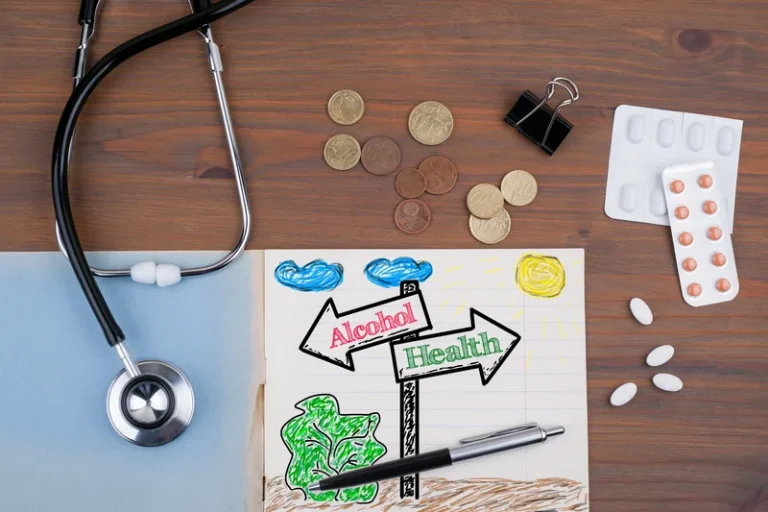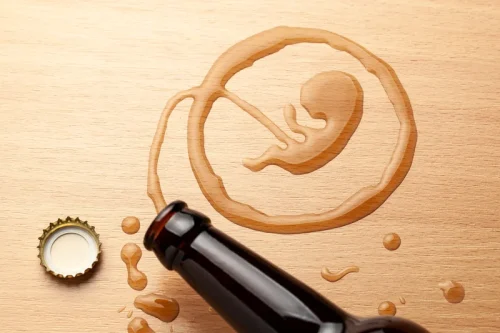05 Apr Why do i sneeze when i drink alcohol?

This incomplete processing of the alcohol can cause the body to react by producing symptoms that reflect an allergy to the alcohol. People with this gene deficiency suffer two-fold from allergic symptoms to alcohol. First, the body produces histamines in response to the presence of the alcohol that the body is unable to digest. Alcohol itself can cause blood vessels to dilate, which can lead to swelling, nasal congestion, and excessive mucus drainage.

What You Can Do To Prevent Sneezing When You Drink

If you’re allergic to alcohol, you may experience hives, itching, swelling, difficulty breathing, and wheezing. If you experience these symptoms sneezing after drinking alcohol, you must see a doctor as you may need to be treated for an allergy. This article provides clarity by explaining the key differences between alcohol intolerance and alcohol allergy. If you find yourself sneezing after consuming specific alcoholic beverages, the culprit could be an allergy to certain ingredients in those drinks.
How Early Can You Buy Beer in Georgia?
- However, some individuals find that alcohol can also trigger their sneezing reflex.
- However, if you notice an escalation in symptoms or the development of new respiratory issues, it is advisable to consult a medical professional.
- If sneezing persists or is accompanied by other concerning symptoms, consult a healthcare provider.
It’s important to be aware of this potential reaction before drinking white wine, as it could lead to an unpleasant experience. While some drinkers may never experience any irritation from white wine, others may find that sneezing while drinking alcohol it triggers a sneezing reaction. If this occurs, it might be best to switch to red wine or to try drinking white wine in moderation.
Can beer cause a histamine reaction?
- Initially, it may not bother much, but eventually the nasal mucus can get thicker, causing more problems.
- While different quantities of alcohol may have varying effects on individuals, there is no direct link between the quantity of alcohol consumed and the likelihood of sneezing.
- These reactions may cause inflammation of the skin, throat and airways, leading to difficulty breathing.
- Identifying specific triggers and making informed choices can contribute to a more pleasant and symptom-free experience.
- However, if you consistently experience severe sneezing or other concerning symptoms, it is recommended to consult a healthcare professional.
- If stuffy nose is accompanied with bleeding form nose, consult your physician immediately.
- In general, red wines typically have higher sulfite concentrations than white wines.
Those with existing heart conditions will also need to be careful before you drink alcohol in case alcohol intolerance could exacerbate their pre-existing conditions. The symptoms are similar to those caused by histamine intolerance and can easily be confused with allergy-like symptoms. Drug rehabilitation This condition can also make pre-existing asthma worse, so it’s important to keep an eye on your symptoms. Restricted breathing or worsening asthma can start for some with only one alcoholic beverage.

New Study Finds That 1 Percent Of The Population Is Sensitive To Sulfites In Wine

This enzyme is produced from a gene but when, this gene is absent in the body, there is a lack of enzymes which leads to breaking down of alcohol but in an incomplete way. Kaia, a distinguished sommelier known for her unparalleled expertise in rare and exotic wines, understands the art of wine pairing. Her elusive art of winemaking brings a touch of elegance to every sip, creating a sensory journey for wine lovers. Researchers estimate that 8% of the world’s population has a defective ALDH2 gene.
- If you have milder symptoms, you may have a food sensitivity or intolerance rather than a true allergy.
- This can be done by avoiding heavily-oaked wines or those with a higher alcohol content.
- It is important to be aware of the potential allergens present in wine so that those who suffer from allergies can choose wines that are safe for them to drink.
- This causes the body to be unable to break down and clear out excess histamines in the body.
If you experience a localized reaction, such as redness or hives, then it can be concluded that an allergy to wine exists. Blood tests are also used to measure the presence of specific antibodies in your blood that may indicate an allergic reaction to wine. Research shows that around 8% of people experience symptoms like nasal congestion, flushed skin, or even headaches while drinking wine. If any of this sounds familiar to you, you might be sensitive to one of wine’s many components. The good news is that once you identify the triggers, there are ways to reduce or even prevent these reactions, without having to ditch wine altogether. While specific ingredients in alcoholic beverages may cause allergic reactions, there is no known comprehensive list that guarantees the prevention of alcohol-induced sneezing.
Surprising side effects of alcohol
These symptoms can also make the nasal passage more sensitive, leading to sneezing. This reaction will happen whatever alcohol you consume, whether it is drunk or added to main courses or puddings. Tannins are natural compounds found in many plants, including the skins, seeds, and stems of grapes.





